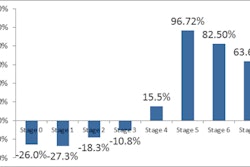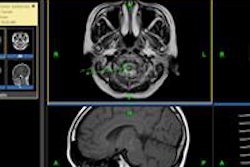A new study from HIMSS Analytics has concluded that electronic medical record (EMR) software can positively affect clinical outcomes.
The study, which included clinical data support from online resource Healthgrades, found a beneficial relationship between the adoption of EMRs and hospital performance as measured by patient mortality rates.
HIMSS Analytics used its Electronic Medical Record Adoption Model (EMRAM) and mortality rate measures collected by Healthgrades across 19 unique procedure and condition-based clinical cohorts to analyze 4,583 facility records from the HIMSS Analytics database. Hospitals with advanced EMR capabilities -- as reflected in high EMRAM scores -- had significantly improved actual mortality rates, most notably for heart attack, respiratory failure, and small intestine surgery.
Most clinical cohorts experienced improvement in predicted mortality rates when compared with hospitals with lower EMRAM scores. Predicted mortality rates served as an indicator of the level of documentation and capture of patient risk factors that are correlated to increased mortality risk.
The evaluation serves as initial findings, and while it doesn't point to a causal relationship, it does indicate a difference in performance, HIMSS Analytics noted. The relationship will be further studied and analyzed, according to the company.
The report can be downloaded here.



















